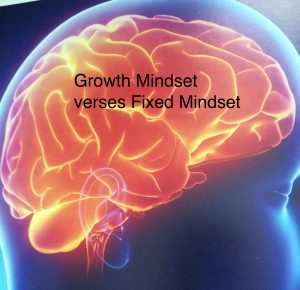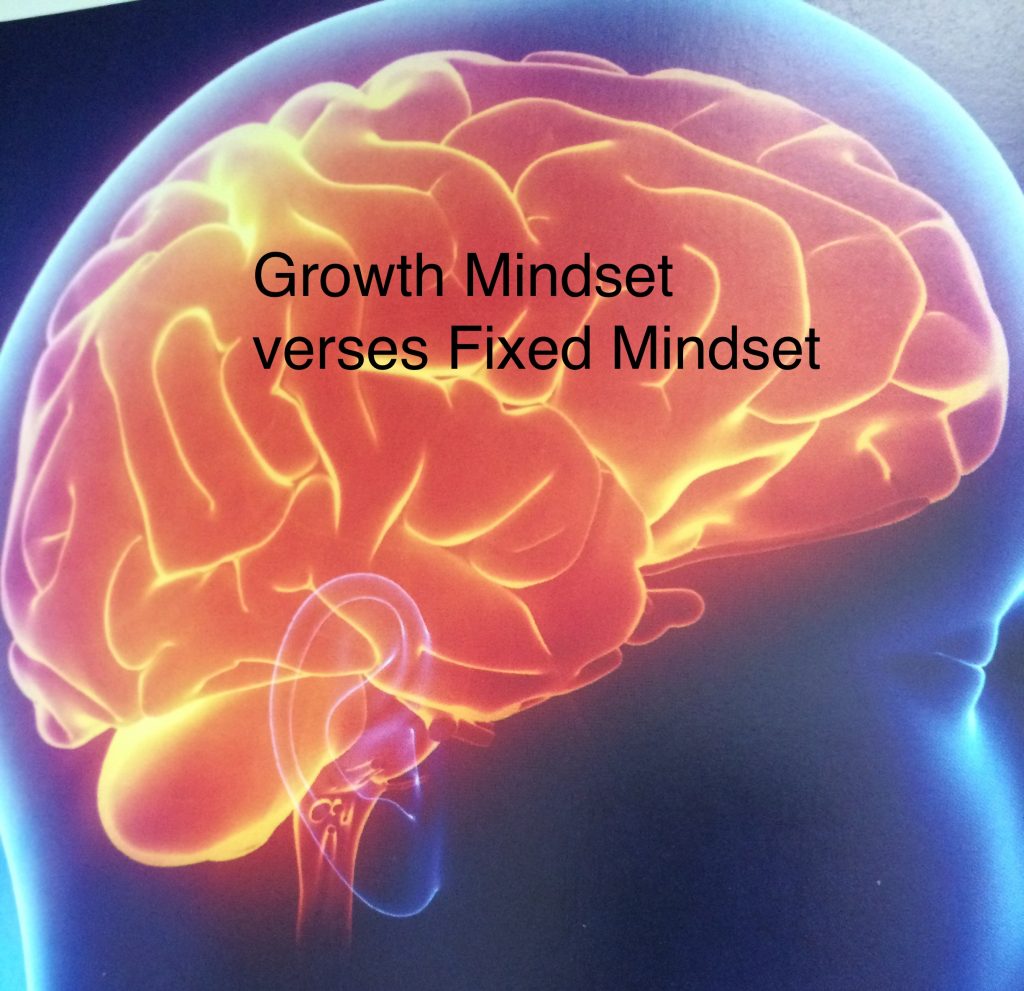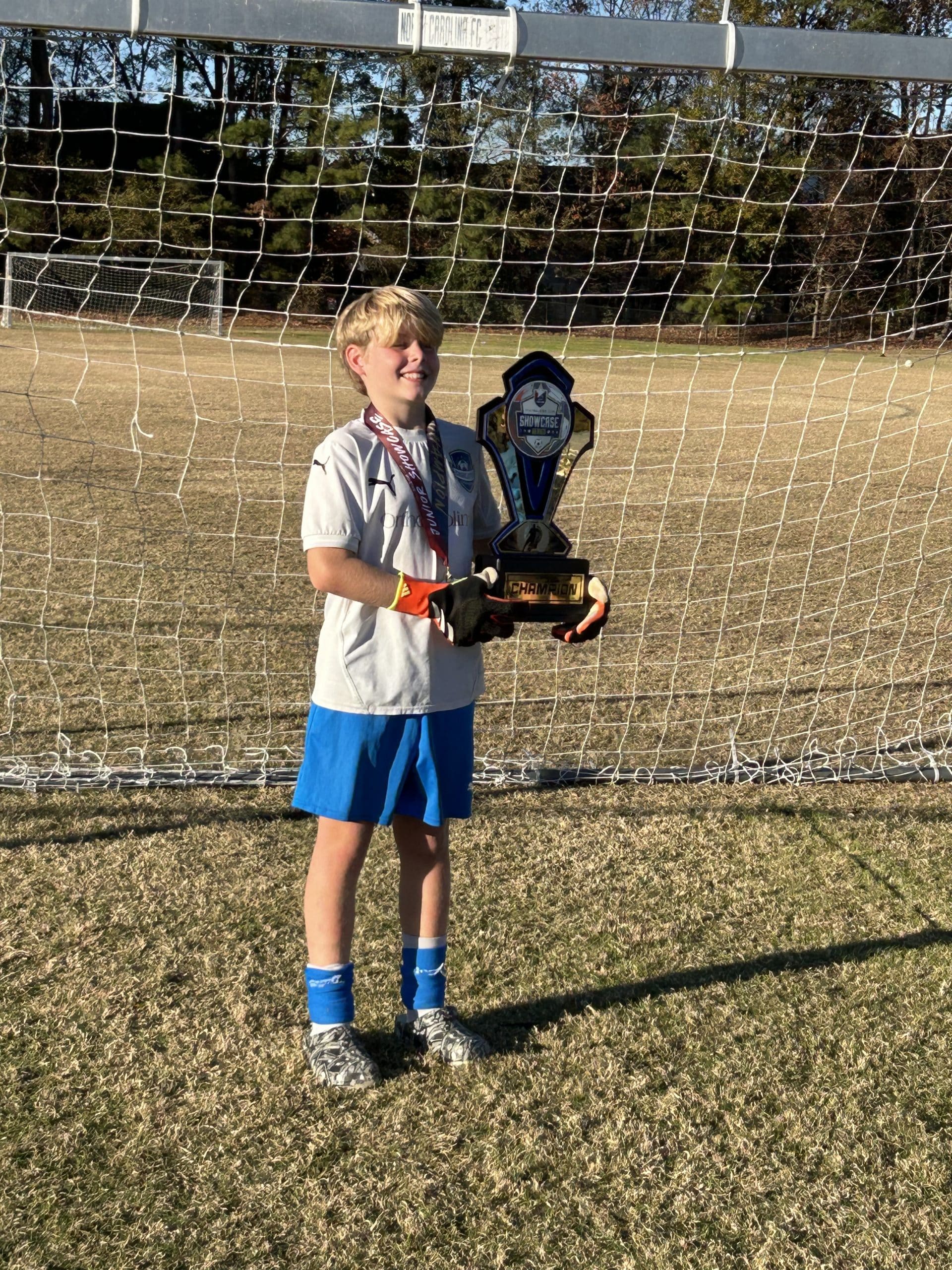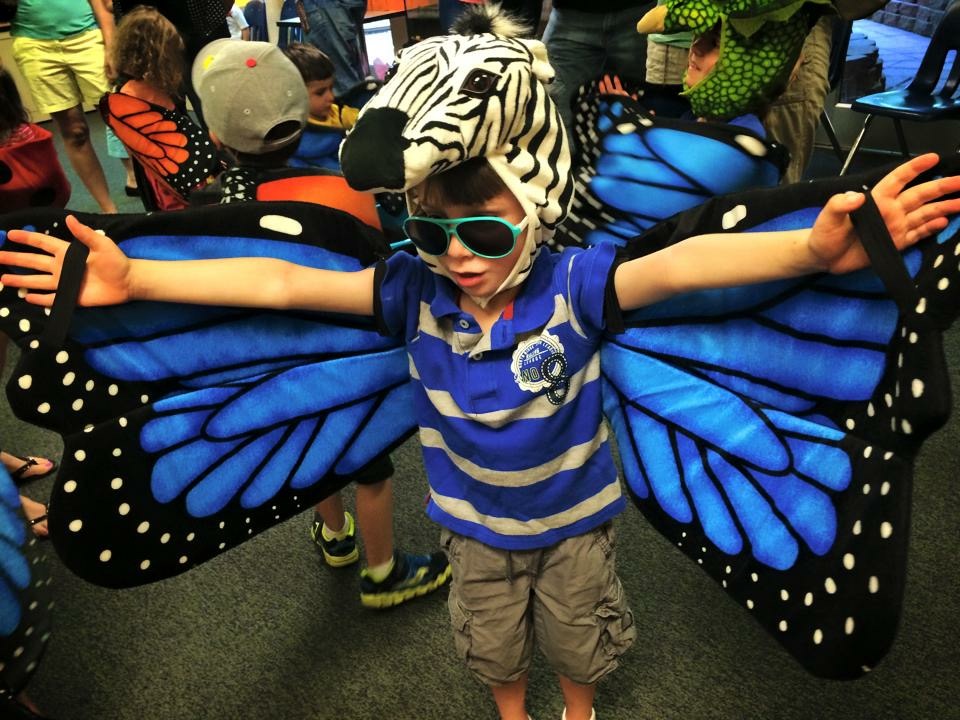In a previous blog, information on growth and fixed mindsets was provided. It stated a person’s mindset has a direct influence on the success of students both in and out of school. Students and educators need to believe that through effort and support, they can develop abilities. But, how does this happen? Can a growth mindset be taught? What actions can educators and parents take to help students develop a growth mindset?

Educators and parents must begin through the creation of a ‘risk-free’ learning environment. Children are able to take on challenges and push themselves. However, they need to feel safe to make mistakes.
Encourage children to be persistent, resilient, and focused. Adults must support the process by providing feedback about a student’s progress. It’s important to reflect on the process by asking questions and on what could be done differently if repeating the activity.
• Build student’s personal strengths. Some children at an early age strive toward the superlatives. If a child has a set priority to constantly do their best to be first, try to refocus the student to achieve personal strengths and accomplishments.
• Don’t emphasize competitions. Children don’t need to strive to be on top. Instead, provide opportunities for personal bests and teamwork.
• Find new activities and experiences in sports and other projects.
• Give credit for hard work and effort. Instead of rewarding the A grades on a test or on the report card, congratulate the hard work and studying that went into achieving the A.
The key to instilling and supporting a growth mindset at home and in the classroom is how we frame success. The language we use determines the results of the mindset. Saying ‘You should be proud of yourself’ rather than ‘I’m proud of you’ will reinforce a validation inward instead of from another.
Students must understand the work they put into what they are doing will impact what is achieved and the person they will become. It’s the little things that add up to a major significance in life. Our goal as parents and educators is to help children grow through life and become lifelong learners. According to Carol Dweck, “If parents want to give their children a gift, the best thing they can do is to teach their children to love challenges, be intrigued by mistakes, enjoy effort, and keep on learning.”
![]()



